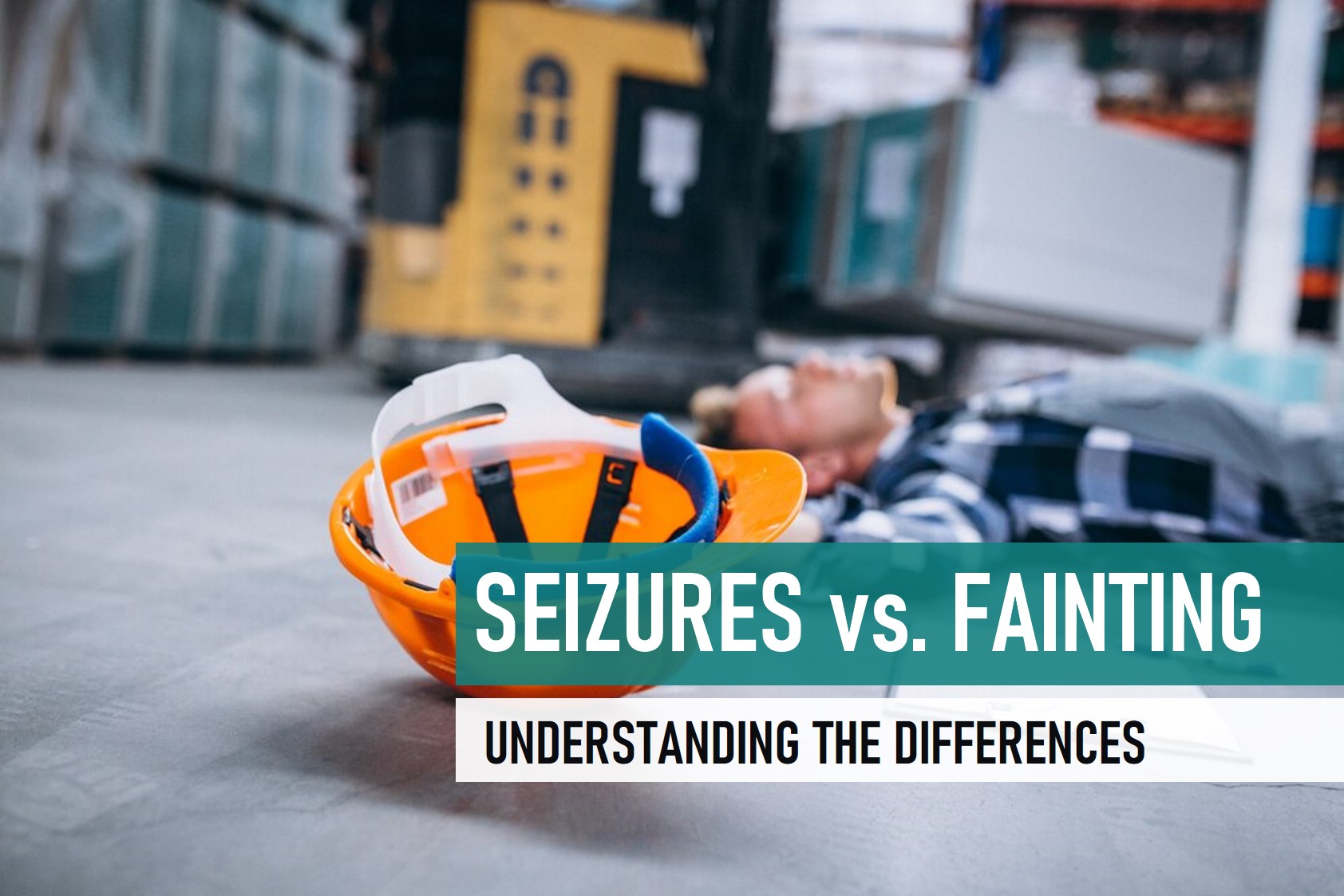Seizures and fainting are both medical conditions that can cause a loss of consciousness. However, despite the commonality of a loss of consciousness, they are distinct events with different causes and symptoms. Understanding the key differences between seizures and fainting is crucial for seeking proper medical attention.
What is a seizure?
A seizure is a sudden, uncontrolled electrical disturbance in the brain. This electrical disruption causes a temporary change in the brain’s function, leading to various symptoms, including:
- Loss of consciousness
- Convulsions or jerking movements
- Loss of bladder or bowel control
- Tongue biting
- Confusion
- Difficulty speaking
- Sensory disturbances, such as flashing lights or strange smells
The type and severity of symptoms will vary depending on the specific type of seizure and the area of the brain affected. Seizures can be classified as focal or generalized, and they can occur once or repeatedly, in which case it may be a sign of epilepsy.
What is fainting?
Fainting, also known as syncope, is a sudden loss of consciousness caused by a temporary decrease in blood flow to the brain. This decrease in blood flow can be triggered by various factors, including:
- Dehydration
- Low blood pressure
- Anxiety
- Standing up too quickly
- Heart problems
Unlike seizures, fainting is not associated with electrical activity in the brain. However, fainting can sometimes be mistaken for a seizure, especially if the person experiences jerking movements or twitching as they lose consciousness.
Key differences between seizures and fainting
Here’s a table summarizing the key differences between seizures and fainting:
| Feature | Seizures | Fainting |
| Cause | Electrical disturbance in the brain | Decreased blood flow to the brain |
| Symptoms | Loss of consciousness, convulsions, confusion, sensory disturbances | Loss of consciousness, weakness, dizziness, sweating |
| Onset | Sudden, without warning | May be preceded by warning signs, such as dizziness or nausea |
| Duration | Typically lasts up to a few minutes | Typically lasts for a few seconds |
| Recovery | May be confused or disoriented after | Usually recovers quickly and feels well |
| Recurrence | May occur repeatedly, especially if it's a sign of epilepsy | Unlikely to recur unless the underlying cause is not addressed |
When to see a neurologist?
If you experience a sudden loss of consciousness, it’s important to seek medical attention to determine the underlying cause. A neurologist can perform a thorough evaluation, including a physical examination, neurological examination, and brain imaging tests to diagnose the cause of the event and recommend appropriate treatment.
If you live in Ahmedabad and are experiencing symptoms of seizures or fainting, consider consulting a neurologist in Ahmedabad. A seizure specialist doctor can diagnose the cause of your symptoms and recommend appropriate treatment options.
Early diagnosis and intervention are crucial for managing both seizures and fainting effectively. Do not hesitate to seek medical attention if you are concerned about your health.
Additional Resources:
- Epilepsy Foundation: https://www.epilepsy.com/
- American Academy of Neurology: https://www.aan.com/
- National Institute of Neurological Disorders and Stroke: https://www.ninds.nih.gov/
- Banner image by Freepik.com







